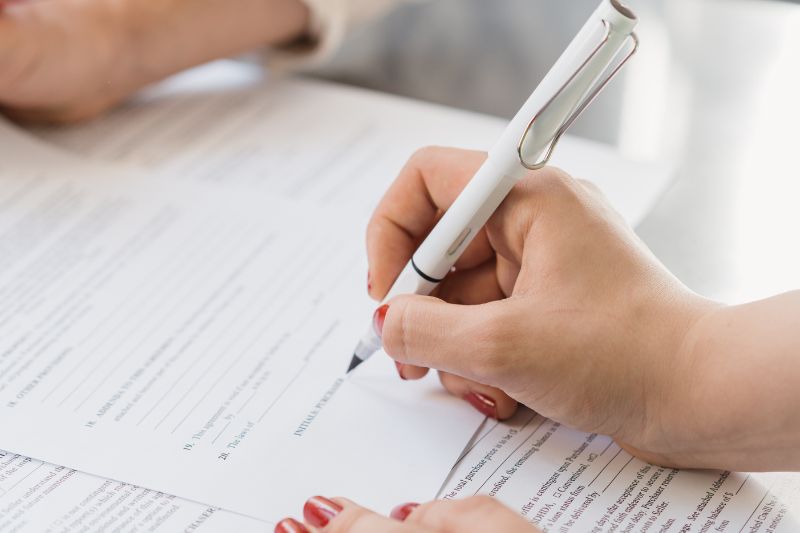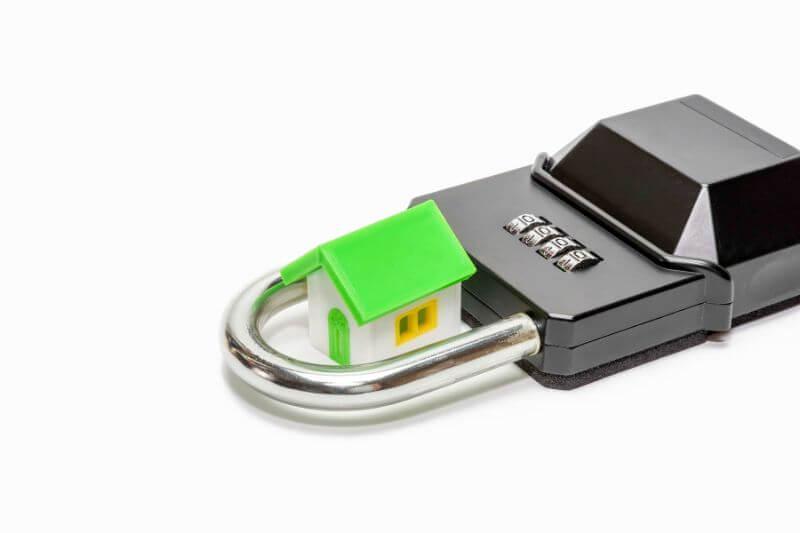BC Notaries are unique in that they are licensed to practice law in the province of British Columbia; this includes providing services in real estate (sales, purchases, mortgages) , estate and personal planning (Wills, powers of attorneys, representation agreements), and notarizing documents. This article focuses on notarizations and will answer your question: what does Notarized mean?
Notarizing a document
The term “notarization” encompasses a broad range of services concerned with examining, recording and certifying documents for the purpose of preventing frauds and forgeries.
Types of Notarizations
1. Notarizing Certified True Copies
Example #1: Jessica is applying for nursing school and the British Columbia College of Nurses requires that Jessica mail them evidence of her identification that they can retain for their records. Jessica doesn’t want to surrender her original driver’s license and passport to the College, so she visits her local notary to obtain certified true copies of her driver’s license and passport, which she then forwards to the College. Note: any person can bring any original document to the notary for certification.
Example #2: Joshua is planning an international trip and is told by the foreign embassy that he needs to get his fingerprints notarized before he will be permitted to apply for a travel Visa. In this context, the notarization meaning refers to Joshua obtaining a criminal record check from the RCMP and then bringing that original document (issued by the RCMP) to the notary, who will make a certified true copy of the criminal record check and then stamp and certify the copy.
2. Notarizations Concerned with the Person
Other types of notarizations are concerned with verifying a person’s identification* and witnessing that person’s signature to confirm that the person signed the document either (a) to give their consent to something or (b) to swear to the truth of information contained in the document. For these types of notarizations (when notarizing a document concerned with and/or dependent upon a specific person), the person must physically appear to sign the document in front of the notary, whose role is to verify the identification of the person and to sign the document as a witness.
Types of Notarizations Concerned with the Person
- Affidavits & Statutory Declarations;
- Insurance Proofs of Loss;
- ICBC Vehicle Registration Forms;
- Pension Declarations (Proof of Life);
- Travel Consent for Minor Children (under 19 years old);
- Letters of Invitation;
- Verification of Identity Forms;
- Apostilles & International Authentications and more!
Example #1: High school student, Jill, is going on a trip to Europe with her school for Spring Break. Since Jill is a minor, Jill’s parents/legal guardians will need to sign a letter of authorization for Jill to leave the country without her parents. This is called a “travel consent letter” and is required to be notarized, meaning that Jill’s parents will sign the form/letter in the presence of a notary public.
Example #2: Sandy and Danny come home from work to find their washing machine has flooded. As part of their insurance application, they need a “proof of loss” notarized, meaning they need to sign the document in the presence of the notary public in order to swear to the truth of the contents of the document (which will detail the circumstances surrounding the insurance claim and loss).
Example #3: Noah is a senior living in British Columbia, Canada. He formerly lived and worked in Holland and is owed a pension from his former country of residence. The Dutch government requires Noah to proceed with notarizing a document each year so that they can continue to pay Noah his pension money in Canada. So, on an annual basis, Noah obtains a notarized pension declaration (which he must sign in front of a BC notary public) for the purpose of verifying that Noah is still alive.
Need documents notarized? Krische & Co. Notaries can help! Call us at 604-576-3211.
*Note: to answer the question of what do notaries do when verifying your identification, read our “What’s In A Name” Article.







